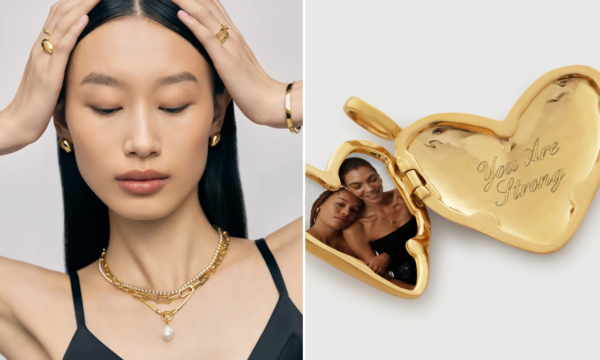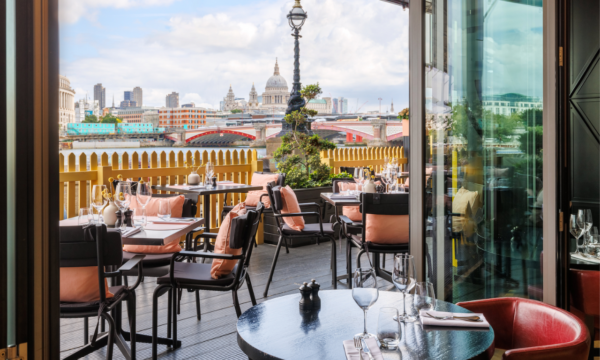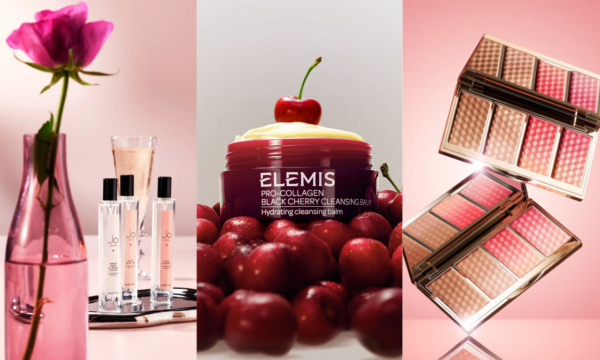Harper’s Bazaar’s campaign Fakes Are Never In Fashion™

We have all been guilty of this at some point in our lives, which is why the industry is still thriving. I am talking about the counterfeit industry. It is extremely tempting to buy a fake pair of Victoria Beckham jeans or a fake Louis Vuitton wallet for less than a tenth of its original price. If you do give in to temptation, the only thing you are doing is aiding the criminals and giving them just cause to continue.
The unfortunate matter is that it seems no industry is safe. Electronic, drug, fashion and music industries are the most commonly targeted. The number of counterfeit seizures last year in America alone was 25,000 shipments, a value of $178.9 million.
With the emergence of the new BRIC economies – Brazil, Russia, India and China – brands need to safeguard themselves even more than before. Developing countries have long been a haven for counterfeit goods of all kinds. Tourists flock to these markets across India, the Far East and Turkey to fill up their luggage with everything from fake perfume and bags, from jeans to watches.
Here’s how the whole affair started. Brands such as Adidas and many others wanted to cut down their costs, so what did they do? Look for cheaper solutions. Outsourcing and creating factories in India and China; this was common practise. Companies who failed to protect their intellectual property rights have now launched a global protest and Harper’s Bazaar is supporting this cause.
Top brands such as Nike, Christian Louboutin, Dior, Chanel, and Gucci are the chief victims in this vicious cycle. I will not give percentages as to how many fakes are produced and the amount that are apprehended by custom authorities. Just know that the demand for black market items is ridiculously high.
As Jonathan Moakes, head of intellectual property at Halliwell law firm in Manchester explains, “Some of these products are manufactured to western standards but are straight rip-offs. Others are second rate and some downright dangerous. Whatever the position, it is essential that businesses protect their designs, technology and reputation and take a hard line if their rights are infringed.”
If you are an emerging business, be weary of how you plan your entry into the BRIC market. Enter with military precision and put together a robust strategy. Safeguard what is yours.
And if you are a consumer, you may not be aware of this, but the sales from these fake products help fund child labour, sweat shops, drug cartels and even terrorism. So please avoid falling into the trap of wanting to save a few pounds here and there; and think carefully. Walk away from the temptation.
Pooja Sahny
Pictures from Menmedia




























Facebook
Twitter
Instagram
YouTube
RSS